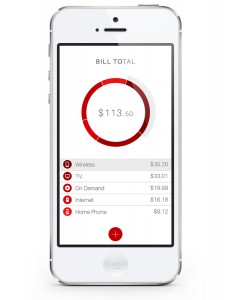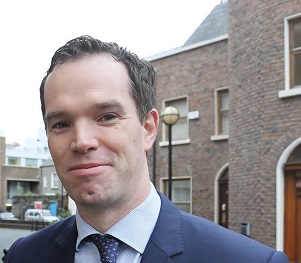“Imagine a customer buys a new device in-store and signs up to a $29.99 a month plan, but the first bill is $54.00. They walked in mid-billing cycle so they have been billed for 45 days.” As Alan Coleman, founder and CEO of Brite:Bill tells Jeremy Cowan, “This is problematic, the first experience seems a breach of trust.”
Cold notifications and demands for payment can, however, be transformed into customer-centric and engaging communications. Dublin, Ireland-based Brite:Bill is one company radically changing the way service providers present and manage billing communications. “So we say, ‘Welcome to your first bill. It’s slightly different from others because you joined on the 7th of the month but the billing cycle starts on the 20th’.”
Asked by VanillaPlus how he views the changes in billing since 2000, Coleman says, “There’s been incremental change because it’s difficult to innovate when extra revenue will be incremental. Having highly bespoke billing systems makes them brittle. If everything is tightly coupled in the core billing engine it makes changes fraught. Another customer has an SLA (service level agreement) of 11 months to make changes to the bill. That’s not fit for purpose.”
“We don’t want to change policy, rating and so on. We developed a platform decoupled from the billing engine. A set of rules will show (customer service agents) what to say and the tone to use on paper, online and in mobile messaging that gets the communication right for the customer.”

“In the US,” adds Coleman, “the call to care can be $10.00-15.00 of loaded cost to serve, so the numbers are enormous. We can see up to a 25% reduction in calls to care. One customer had confusing VAT (valued-added tax) calculations, so we re-designed this and this percentage fell away. The look, feel and tone of voice can vary depending on demographic segments involved. You might use a formal approach for the main brand with family calls showing the kids’ expenditure, and colloquial style to a youth brand.”
The company’s vision is to “develop solutions that look beyond revenue collection alone and towards building and strengthening customer relationships.” (Also see: Telecom veteran Steve Elfman to join Brite:Bill board of directors.)
“In the UK utilities have terrible trust issues, but all have looked at how to broaden their portfolios.” So is Brite:Bill going into the utility market, VanillaPlus asks. “We’re exploring it,” Coleman replies. “Bills from the large providers are static; they have a call to action: Pay Me; Don’t Call Me; Buy More from Me. But there can be a myriad calls to action, the Brite:Bill is behaviour-led. In CSPs (communication service providers) a lot of effort goes into understanding customers. There’s much less done in acting on information, such as ‘You’re a Flight Risk (churning to another CSP). The bill is a strategic customer touchpoint to help the operator address how to keep that customer.”
“We have a modern architecture and we think more about customer experience, so it’s easy to consume information like snapshots and graphs. We’ve saved over 25% in paper volume for printed bill customers,” Coleman concludes.
Founded in 2010, Brite:Bill is headquartered in Dublin, Ireland and has offices in London, Madrid, Shanghai and San Francisco. (Also see: Brite:Bill to create 100 new jobs in major recruitment drive.)






